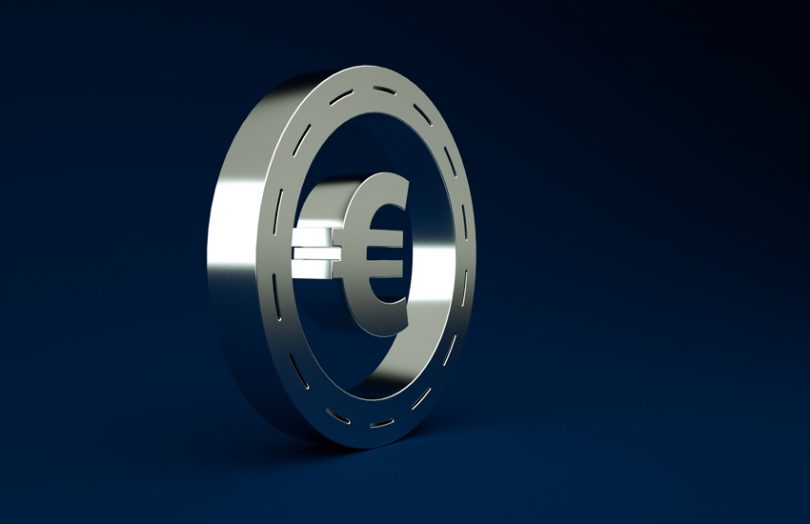In a speech today, Dr. Jens Weidmann President of the Deutsche Bundesbank, spoke about the potential of a digital euro. He highlighted both the opportunities and threats that central banks need to consider when designing a central bank digital currency (CBDC). The European Central Bank announced a two-year CBDC exploration project in July this year.
One of the biggest risks is the impact on commercial banks if consumers switch bank deposits to a CBDC. That’s particularly a concern in times of crisis. Hence there’s a good chance that there will be digital euro balance limits. Dr. Weidemann encouraged a gradual switch to a CBDC.
At the same time he said that this “does not call for banks to be protected like an endangered species, either.” This echoes similar comments made by former Bank of England Governor Mark Carney, who said this June, “Banks are a means to an end, not ends in themselves. And will have to adapt to a much more competitive environment.”
Sir Jon Cunliffe, Deputy Governor of the Bank of England also commented earlier this year, “The Bank of England doesn’t have the responsibility or brief to preserve the current model of banking. We have a responsibility to preserve financial stability. And the current role of banks and financial stability is not the same thing.”
Meanwhile, Dr. Weidmann quoted Markus Brunnermeier, who spoke about the two tier commercial banking system as “probably the most pronounced public-private partnership we have in our economies.” To which Weidmann added, “It should not be gambled with.”
He also discussed the advantages of programmable money and the Bundesbank’s work on settling DLT securities transactions with central bank money. Earlier this year, it ran a trial with the Deutsche Börse using the TARGET2 real-time gross settlement system (RTGS) for onchain payments. Another option is a potential wholesale CBDC.
Dr. Weidmann concluded by reiterating the need for caution. “Our success as a money creator will depend not so much on speed, but on the trust of those who are supposed to use the money,” he said.






